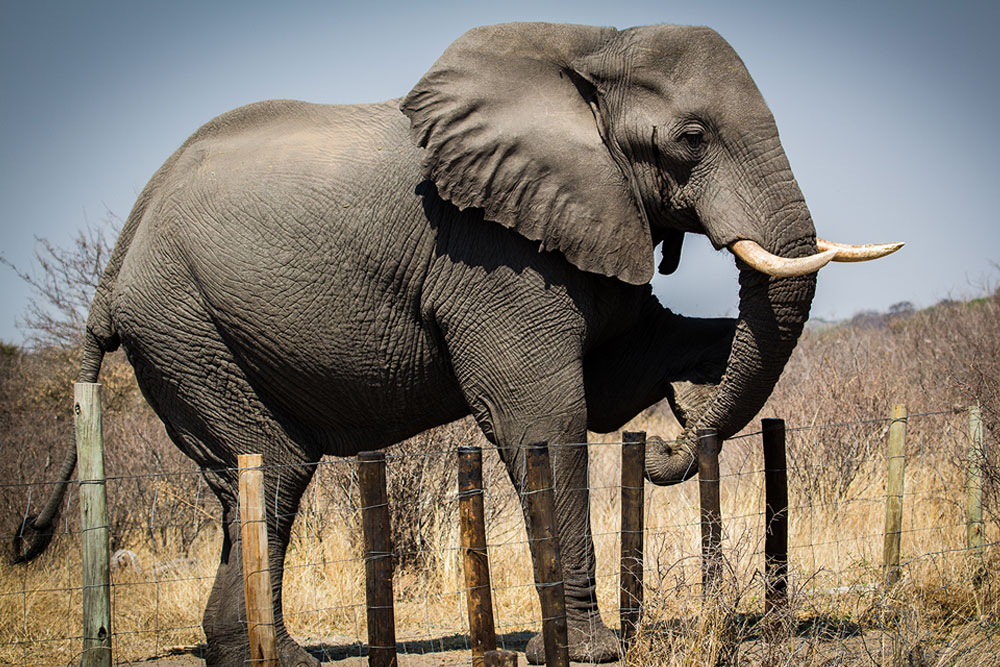A new study undertaken by researchers from the Institute of Industrial Science at the University of Tokyo, Japan has found that climate change is increasingly altering the risk of interactions between humans and wildlife.
In the study published in Science of the Total Environment, the researchers examined how the risk of human-elephant conflict could change with time. They found out that when humans encroach on natural landscapes, the chances of interactions with wildlife increase.
The researchers also found out that conflicts can arise when wildlife damages livestock or crops, or when human activities damage animal habitats. They explained that forest edges are particularly attractive areas for elephants on the hunt for food, which can bring them into contact with mature crops, or with farmers.
Read also: UN appoints Thiaw as interim climate change secretary
The study’s lead author, Nuntikorn Kitratpornsaid that In Thailand, half of the country’s population lives in rural areas and relies on agriculture, adding that Thailand also has about three to four thousand wild elephants and deforestation and the growth of commercial agriculture have pushed elephants into increasingly fragmented patches of habitat, increasing the chance of interactions between humans and elephants.
He explained that climate change is bringing additional complexity to these interactions, as changing environmental conditions lead to changes in the behaviour and distribution of elephants.
To assess the risk involved, the researchers used a risk framework that incorporated different possible scenarios and used the same framework to examine the recent spatial distribution of human-elephant conflict (2000-2019) in Thailand and how it may look soon.
They also incorporated different projections of future climate and socioeconomic conditions into the framework and the effects on land use were examined.
Story was adapted from Sciencedaily.
